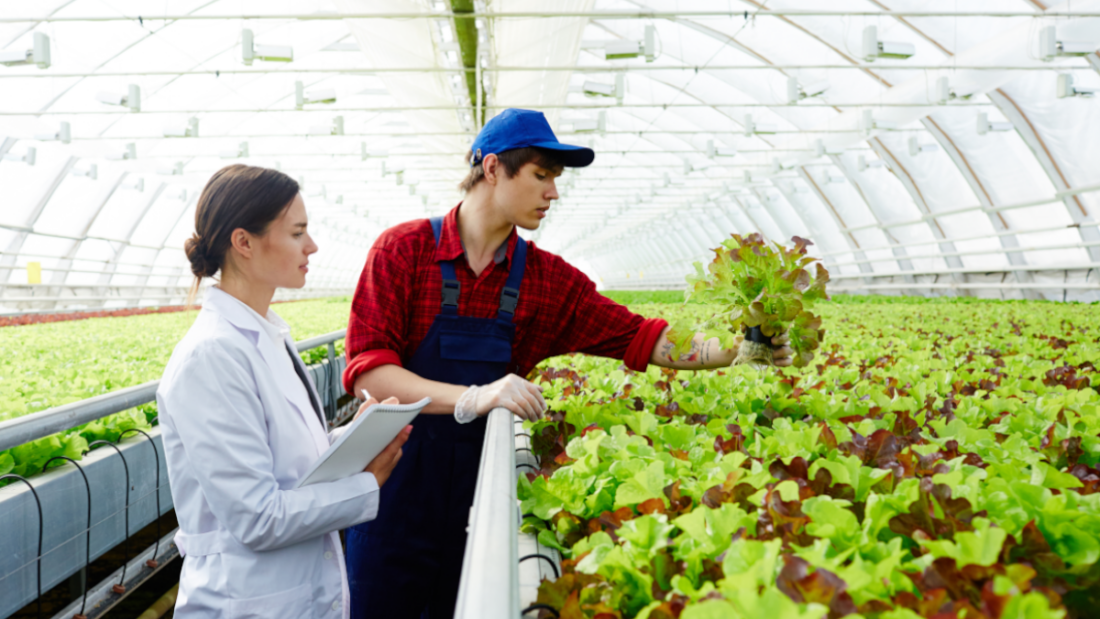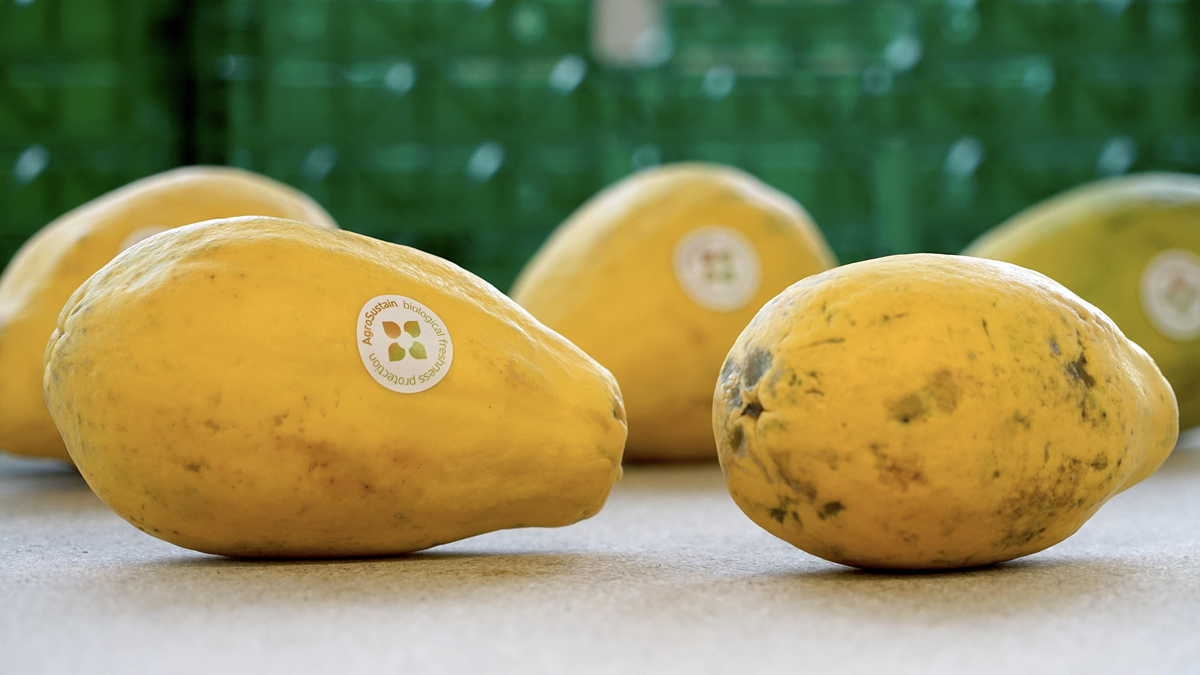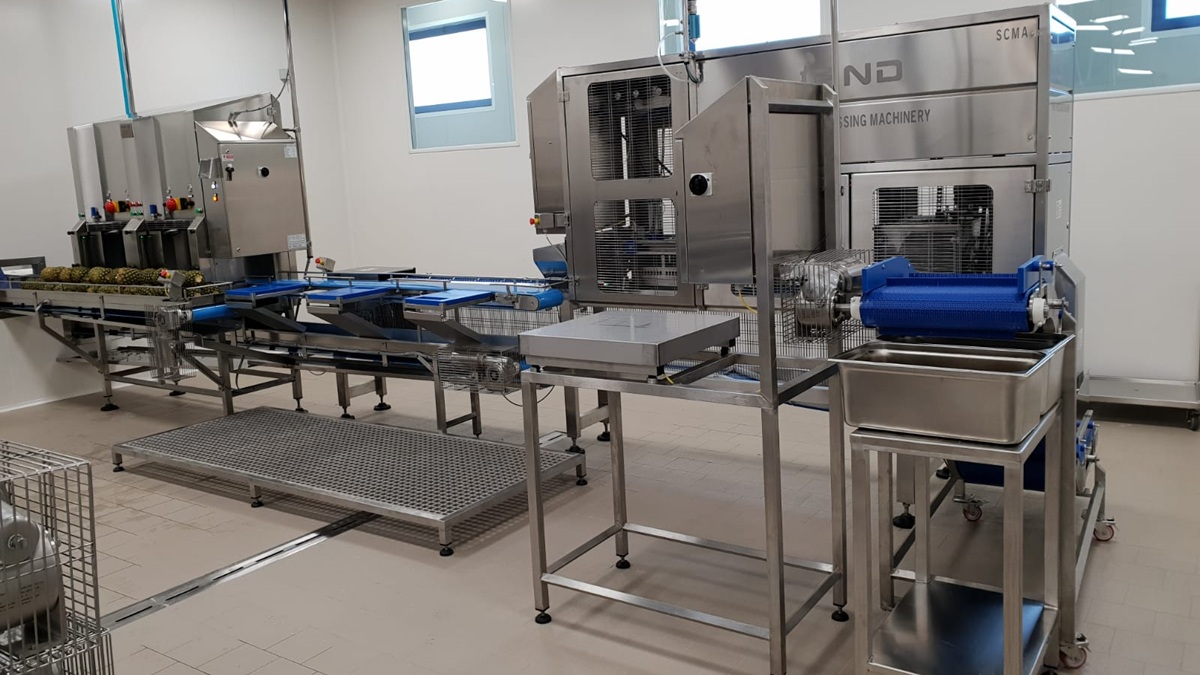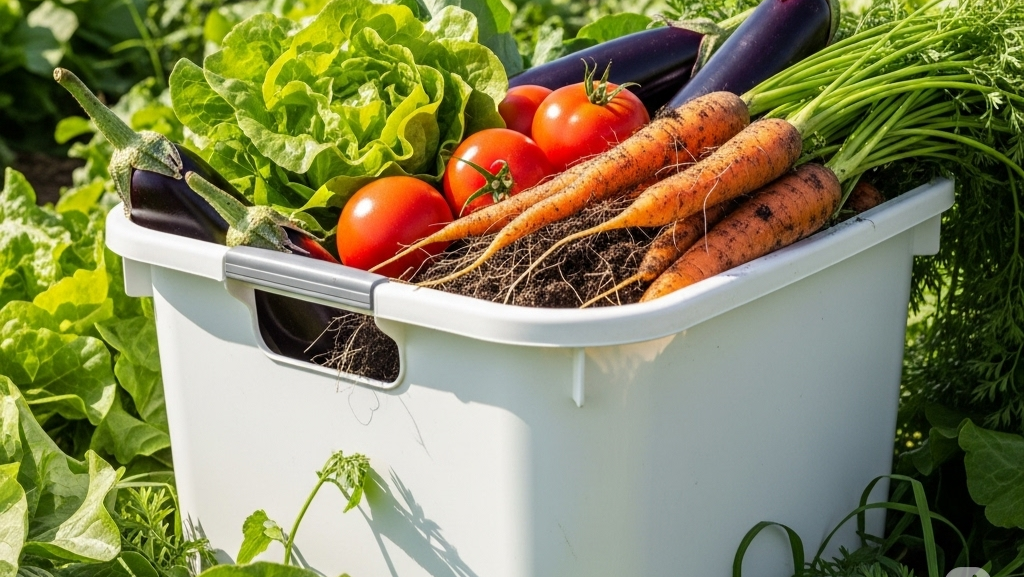News
Key Learnings of the 2025 CPS Research Symposium
During the 2025 Center for Produce Safety Symposium were presented several papers from projects founded by the organization

At the 2025 CPS Research Symposium, industry-driven projects delivered new insights to strengthen produce safety programs. Key findings emphasized the importance of process control, risk assessment, and better detection tools. Highlights included benefits of irrigation water treatment to reduce—but not eliminate—bacterial risks, practical new field surveillance methods, and validated surrogates to optimize fruit wash systems.
Research also reinforced best practices in storage, sanitation, and environmental monitoring, while emerging concepts like avocado seed extracts, improved virus detection on berries, and antimicrobial coatings point to promising future solutions. Together, these learnings offer fresh opportunities for companies to advance more effective food safety strategies.
Contents
- Consistent irrigation water treatment has potential benefits in addition to microbial reduction in the water. Rock 2025
- Better field surveillance for bacteria is as easy as walking. M. Stasiewicz 2025
- A non-pathogenic bacterium to use in peach packing facility washing system trials. M. Zhu 2025
- Listeria monocytogenes decreases with pear storage. L. Strawn 2025, M. Zhu 2025
- Factors other than setback influence fecal contamination of crops grown near animal operations. M. Verma 2025
- CEA risk assessment highlights need for process controls and environmental monitoring to prevent pathogen persistence and spread. A. Allende 2025
- Upcycling food safety, avocado seed extracts help control Listeria. A. Castillo / C. Hernandez-Brenes 2025
- Improvements in detecting infectious human norovirus and hepatitis A virus on berries. M. Esseili 2025
- Fluorescence-activated cell sorting (FACS) could identify live Cyclospora from dead. A. Khan 2025
- Incorporating antimicrobials in stone fruit coatings for pathogen control. Q. Zhong 2025
- Supply Chain Risk Model (SCRM) to better support decision making. M. Stasiewicz 2025
ACCESS to the summary of the papers
Picture, Food Safety News












